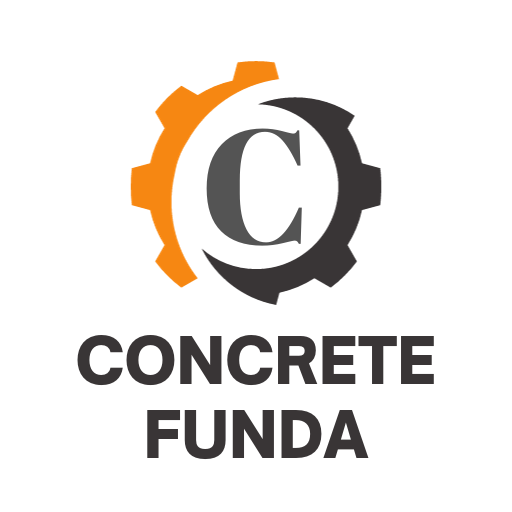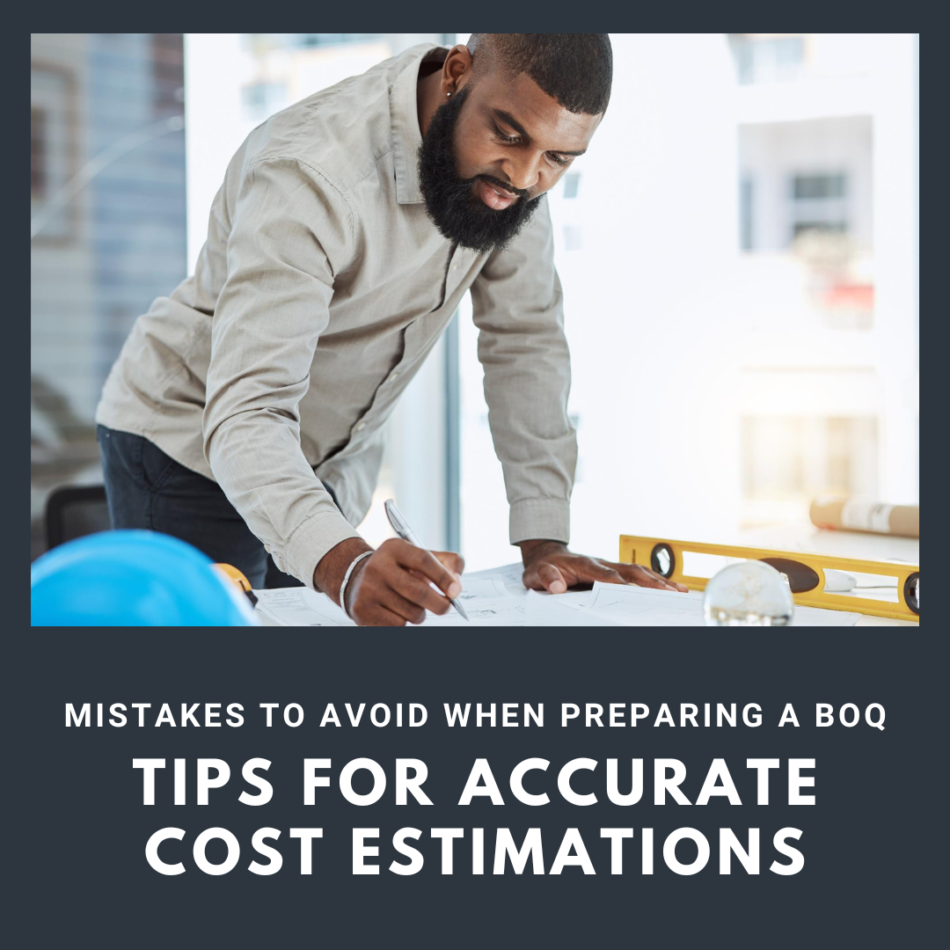Estimating costs for a construction project can be a tricky and complicated process. The Bill of Quantities (BOQ) is one of the primary tools that professionals use to manage this process, ensuring that all elements of a project are accounted for and priced correctly. However, errors can creep into even the most meticulously prepared BOQ, leading to cost overruns and project delays. This article highlights some common mistakes that professionals often make and provides tips on how to avoid them.
Incomplete Project Analysis:
One of the most fundamental mistakes is neglecting a comprehensive analysis of the project before preparing the BOQ. This oversight can lead to the omission of critical items, causing subsequent budgetary discrepancies.
Tip: Spend ample time understanding the project’s requirements, specifications, and designs. This will help in capturing all necessary items and their respective quantities.
Ignoring Site Conditions:
Every construction site is unique, and its particular conditions can greatly impact costs. Ignoring or overlooking these conditions can result in inaccurate estimations.
Tip: Always conduct a thorough site survey before preparing the BOQ. This will help identify potential challenges like difficult terrain, water table levels, or accessibility issues.
Relying Solely on Past Prices:
Prices for materials and labor can fluctuate significantly over short periods due to market demand, supply constraints, or geopolitical factors. Simply relying on past prices can mislead your cost estimations.
Tip: Constantly update your cost database and be aware of the current market conditions. It’s also wise to include a contingency amount to cater to these unforeseen price fluctuations.
Overlooking Soft Costs:
Many professionals focus solely on hard costs (materials, labor, equipment) and neglect soft costs like design fees, permits, and insurance. These can make up a significant portion of the project's total cost.
Tip: Incorporate a section in your BOQ dedicated to capturing these soft costs. This ensures that the entire spectrum of project costs is covered.
Neglecting Contingencies:
No matter how thorough your analysis is, unforeseen expenses will always arise in construction projects. Failing to account for these can lead to significant budget overruns.
Tip: Always include a contingency amount in your BOQ. A general rule of thumb is to set aside 5-10% of the project's total cost, but this can vary based on the project's complexity.
Poor Communication with Stakeholders:
A BOQ isn't a solo effort. It involves inputs from architects, engineers, site supervisors, and more. Poor communication among stakeholders can lead to omissions or errors in the BOQ.
Tip: Establish regular communication channels with all stakeholders. Having periodic review meetings can help in ensuring that the BOQ remains accurate and comprehensive.
Not Using Specialized Software:
Today, there are numerous software tools designed specifically for cost estimation and BOQ preparation. Relying on manual methods or generic software can lead to errors and inefficiencies.
Tip: Invest in specialized BOQ software. These tools often come with features like auto-calculation, templates, and integration with other construction management software, making the process more accurate and efficient.
Failing to Update the BOQ:
A BOQ is not a static document. As the project progresses, changes might be required due to design modifications, site conditions, or client requests. Failing to update the BOQ to reflect these changes can lead to discrepancies.
Tip: Regularly review and update the BOQ as the project progresses. This ensures that it remains a reliable reference for costs and quantities throughout the project's lifecycle.
Not Seeking External Validation:
Sometimes, an external perspective can help identify mistakes or omissions that internal teams might overlook due to familiarity.
Tip: Consider getting your BOQ reviewed by an external expert or consultant. This third-party validation can provide valuable insights and catch potential errors.
Forgetting to Factor in Time:
Prices are not static; they can change based on the duration of the project. Labor costs, for example, might increase annually due to inflation. Ignoring the time factor can lead to underestimations.
Tip: Always factor in the project’s timeline when estimating costs. Consider potential price escalations and adjust your estimates accordingly.
Conclusion:
An accurate and comprehensive BOQ is crucial for the successful execution of any construction project. By being aware of the common pitfalls and implementing the suggested tips, professionals can ensure that their BOQs remain reliable tools for cost estimation and project management. Remember, the goal isn't just to avoid mistakes but to also be prepared for the unforeseen challenges that every construction project inevitably presents.









